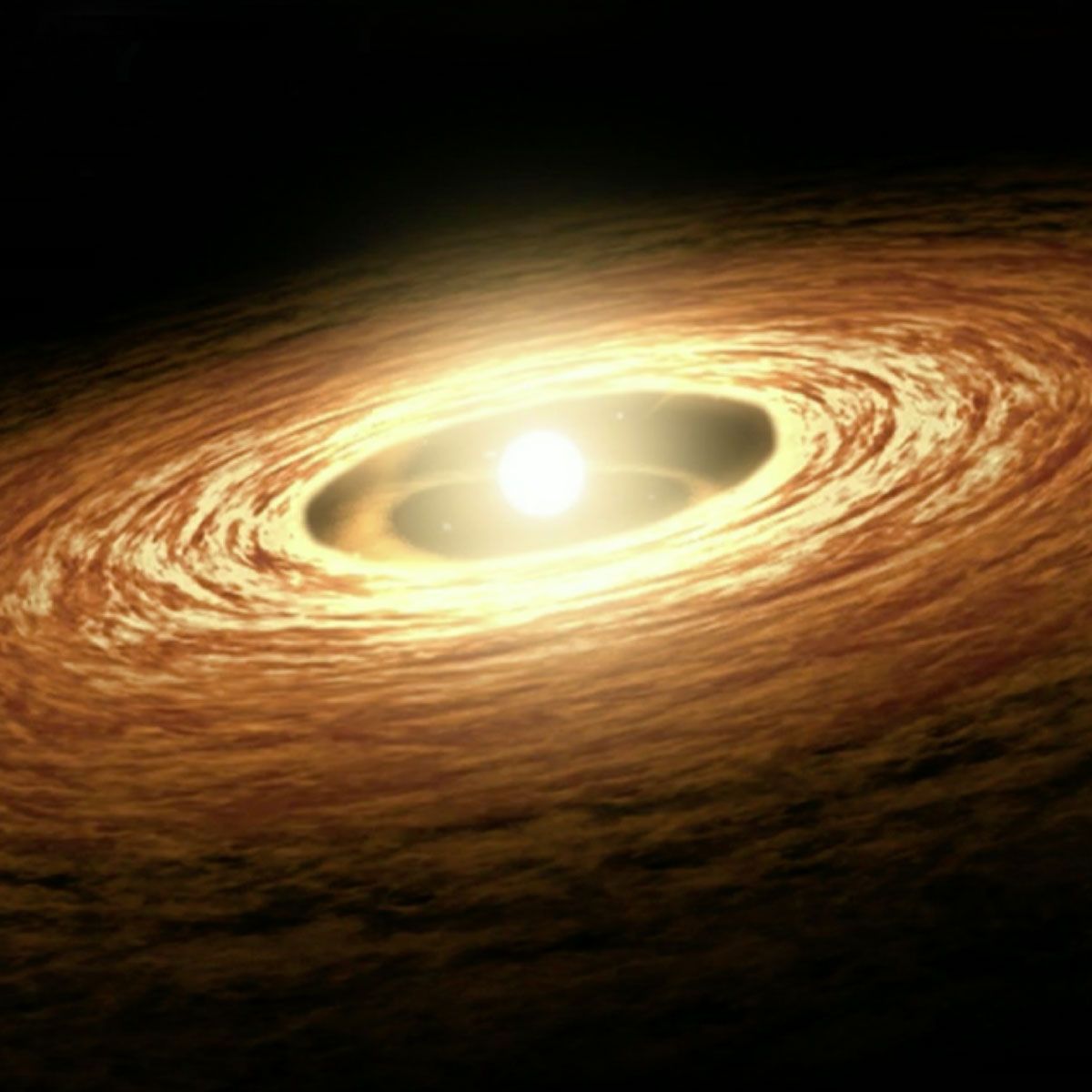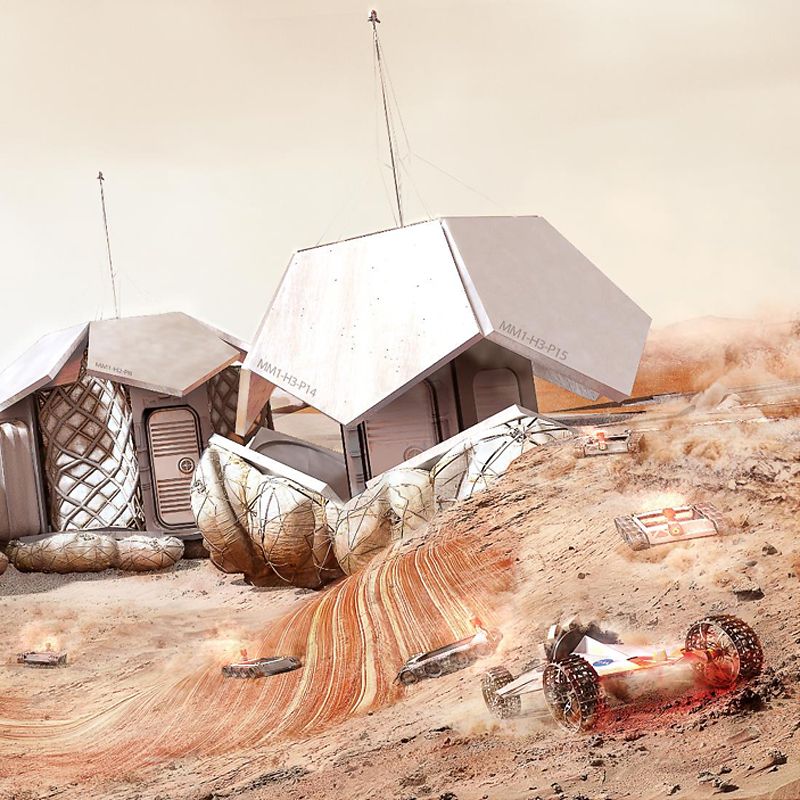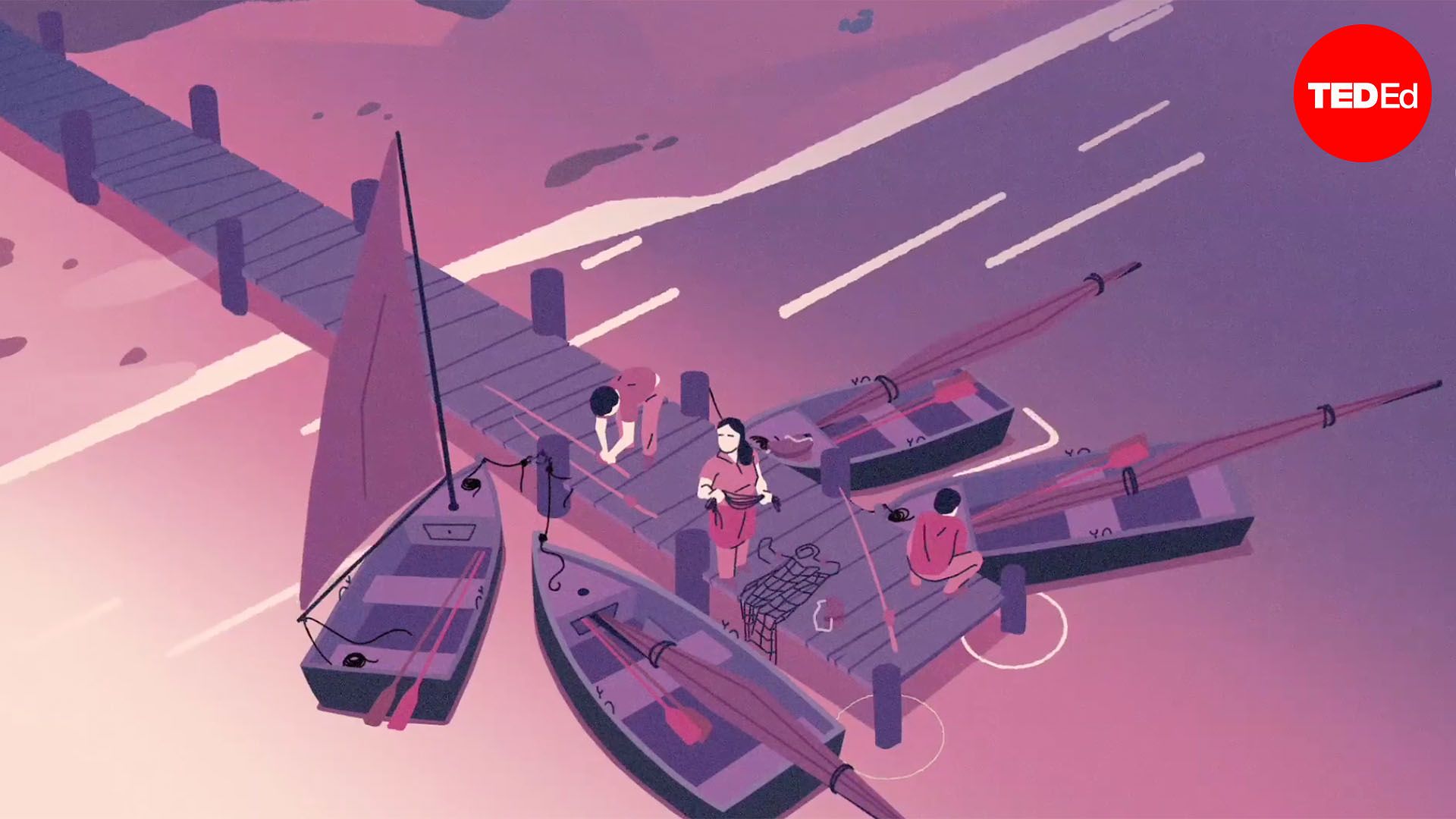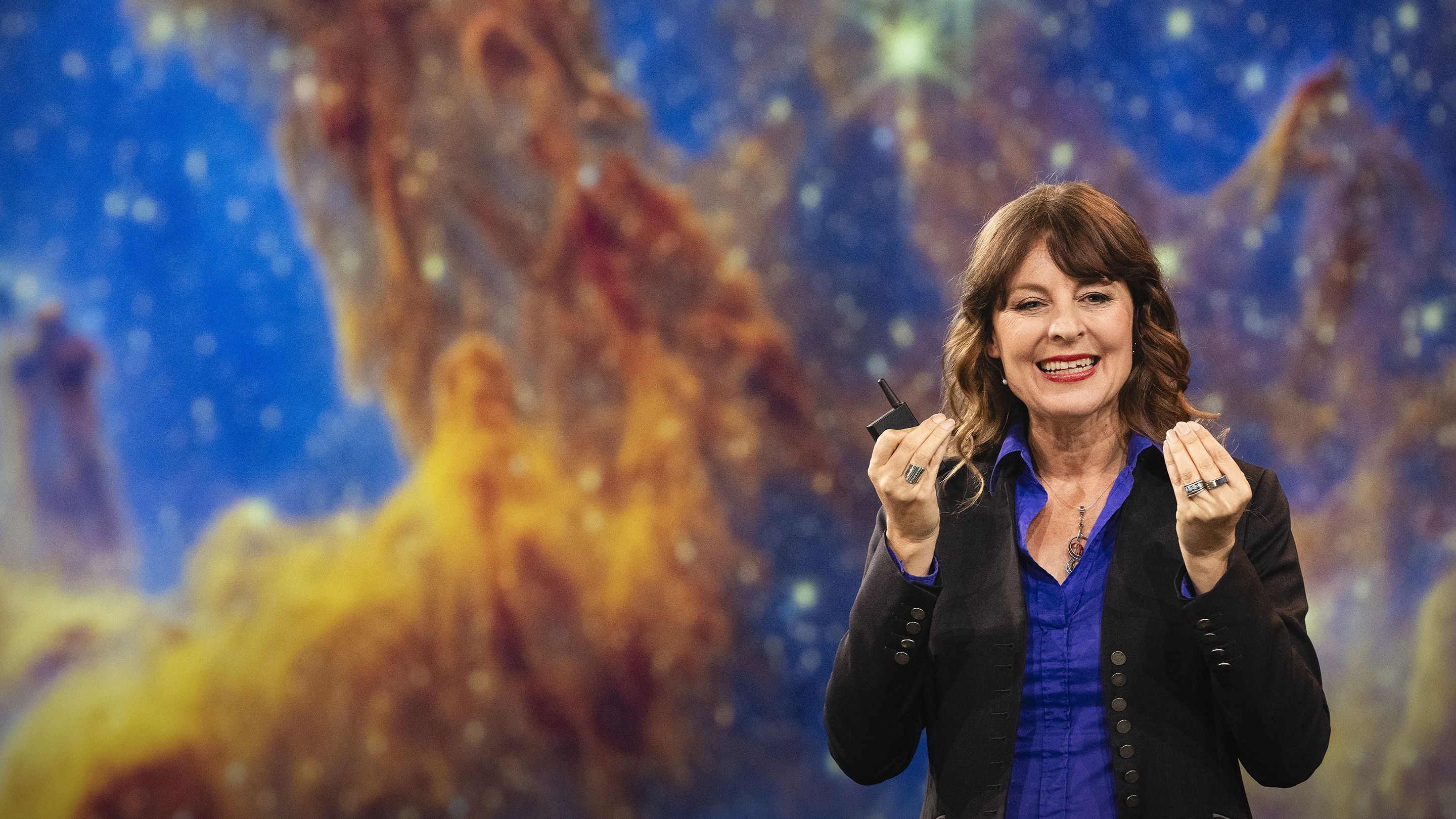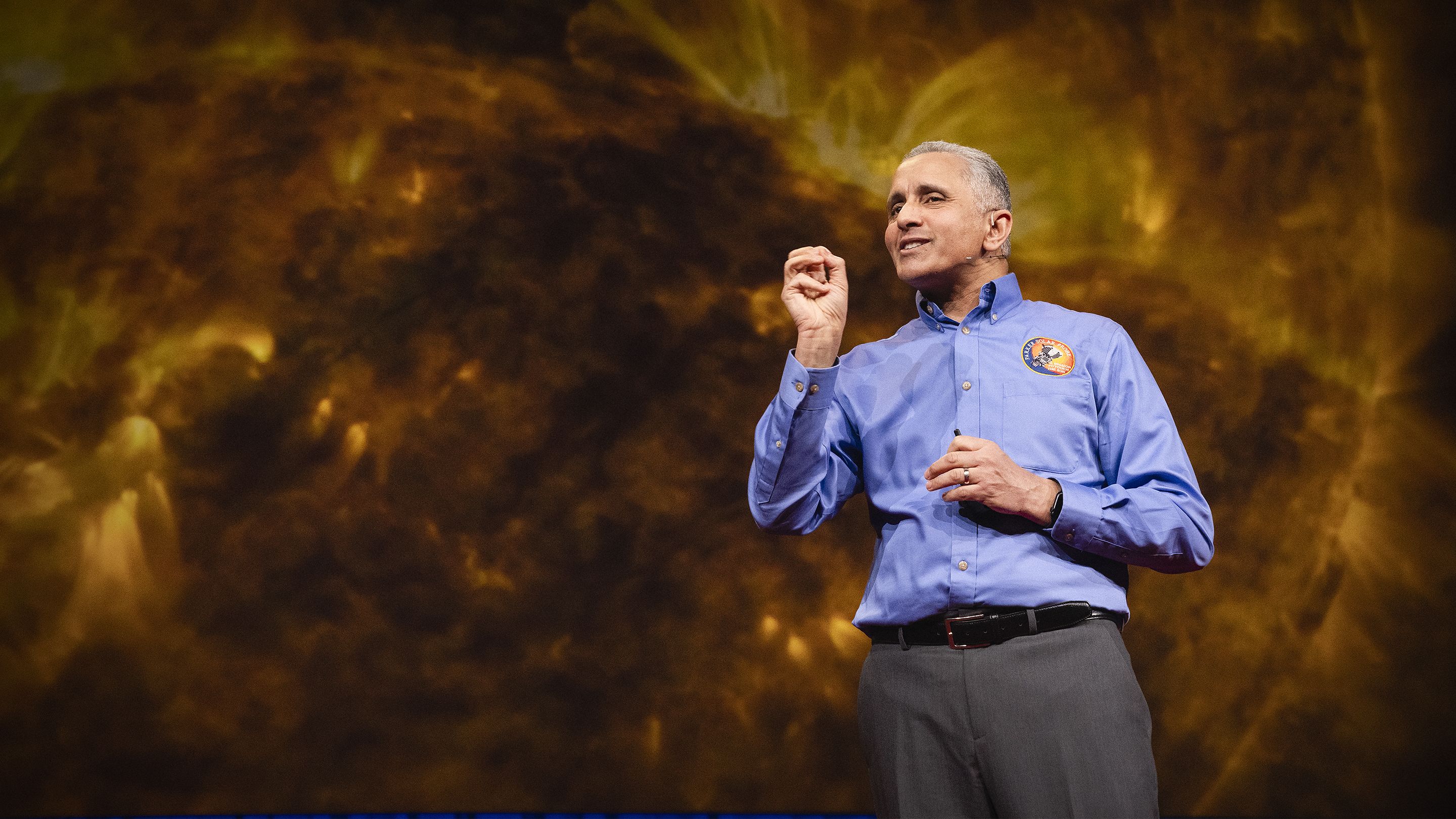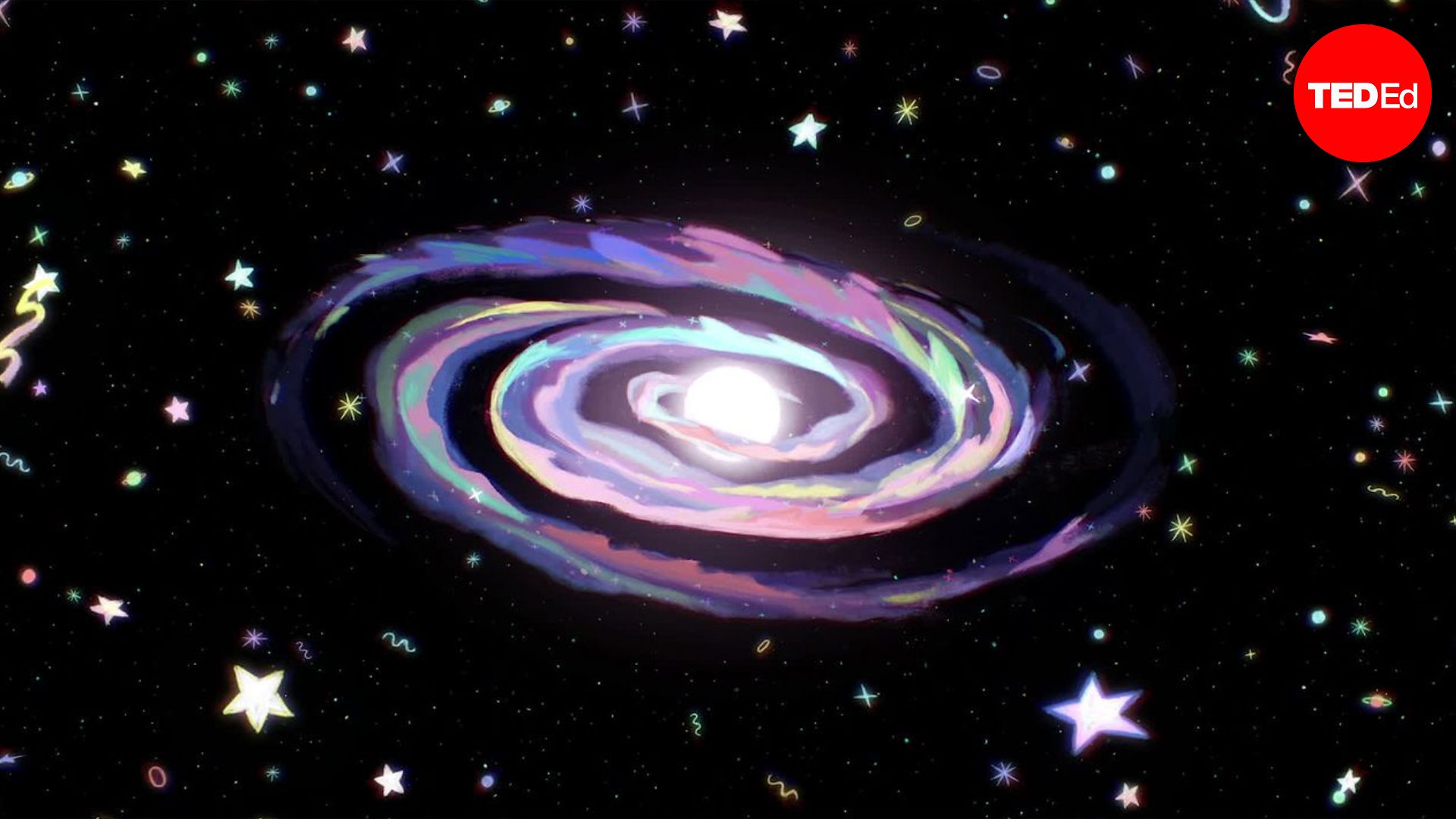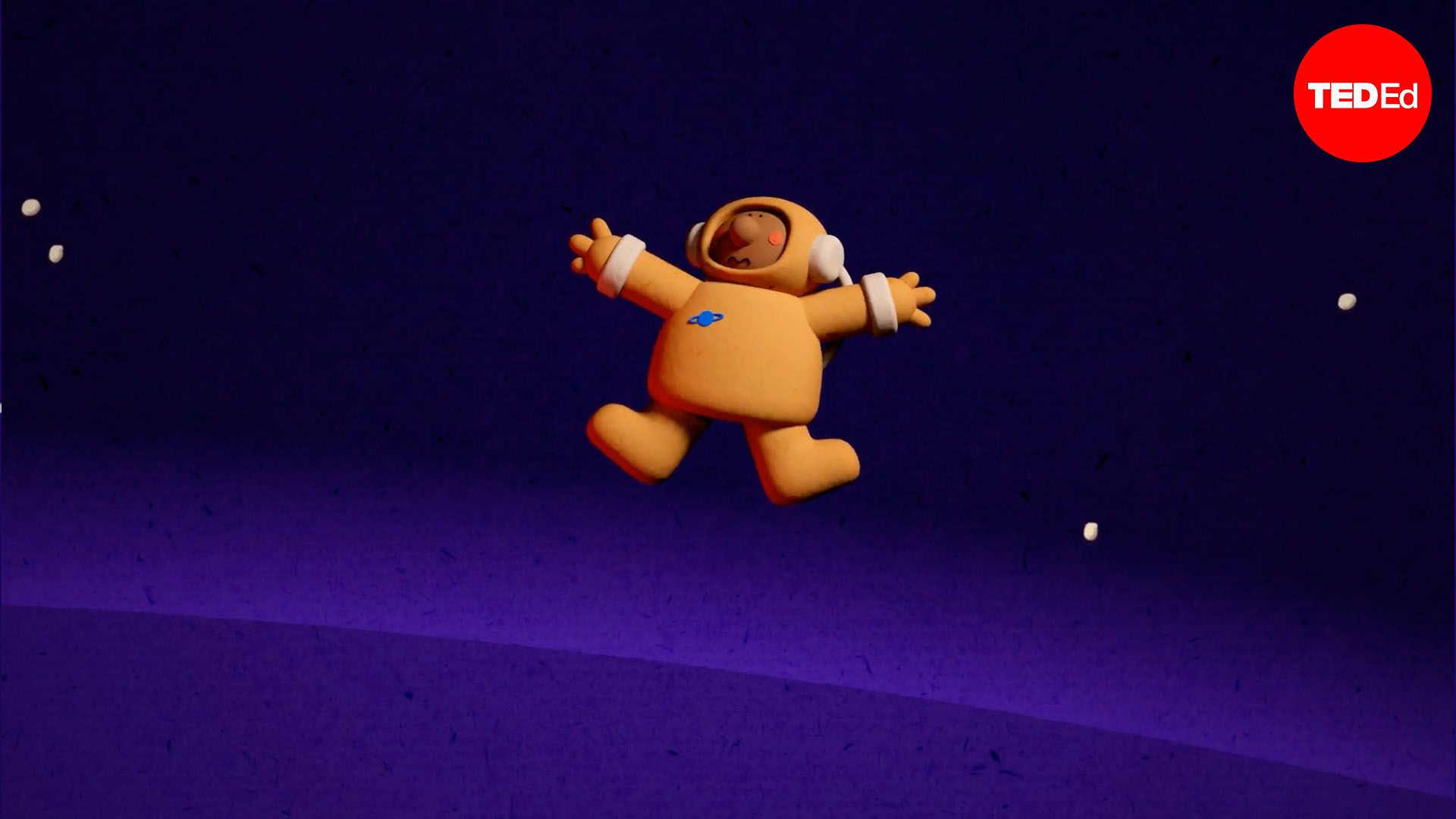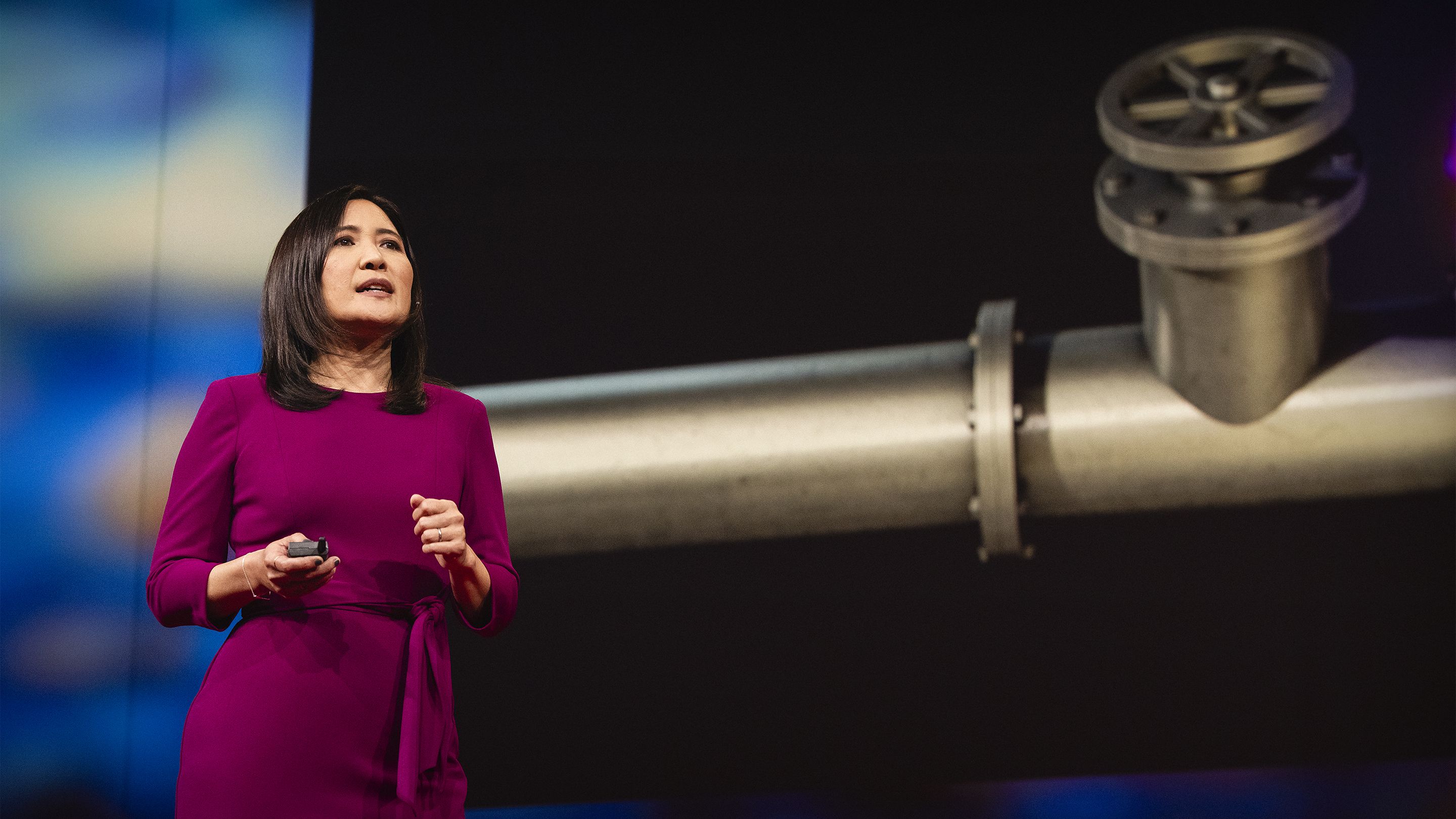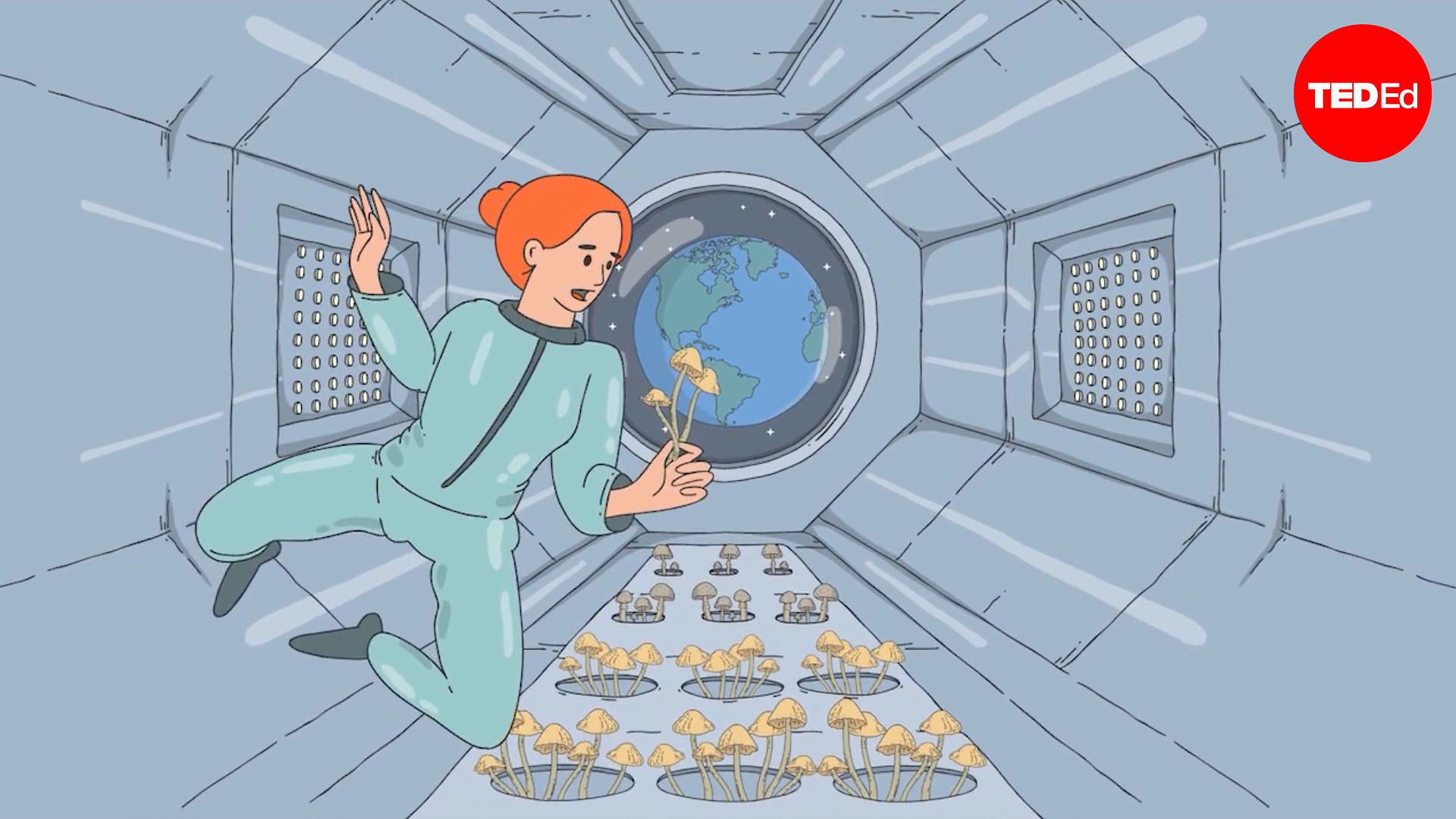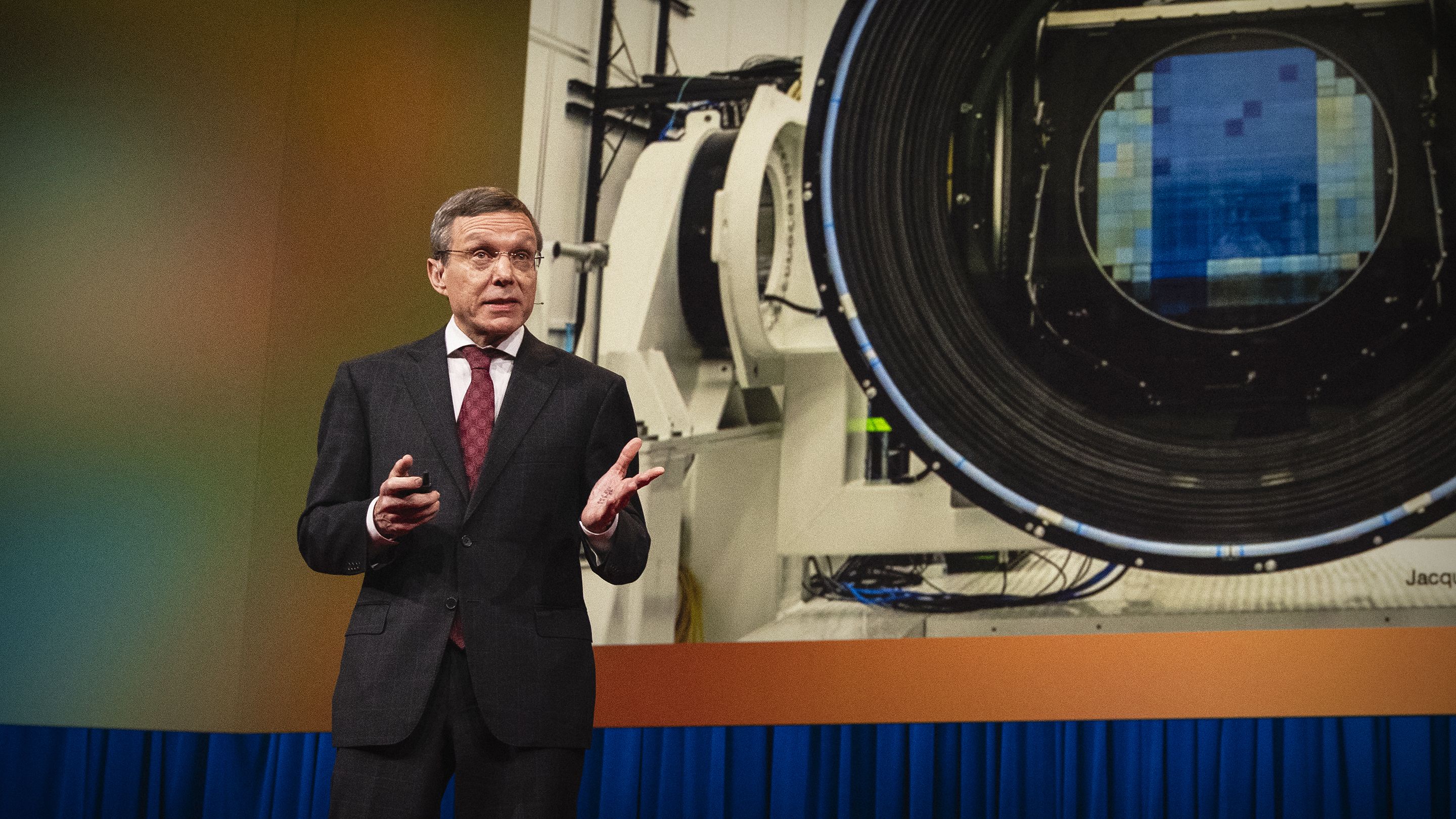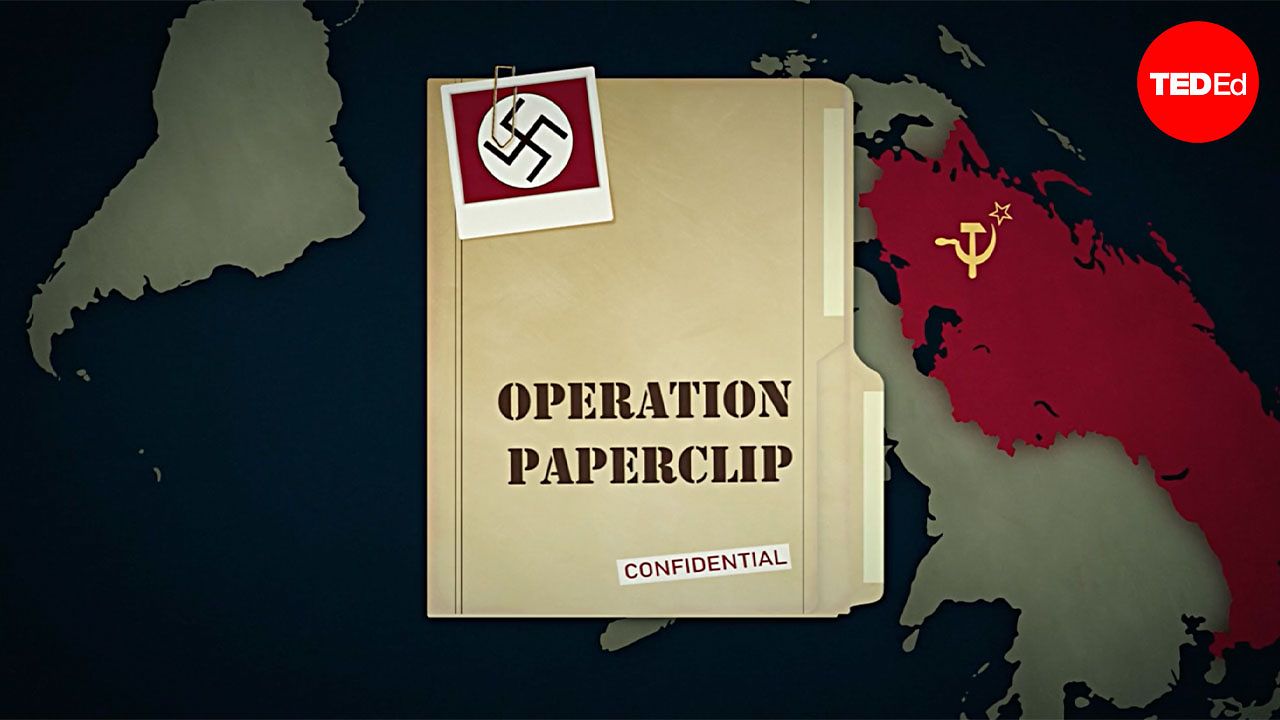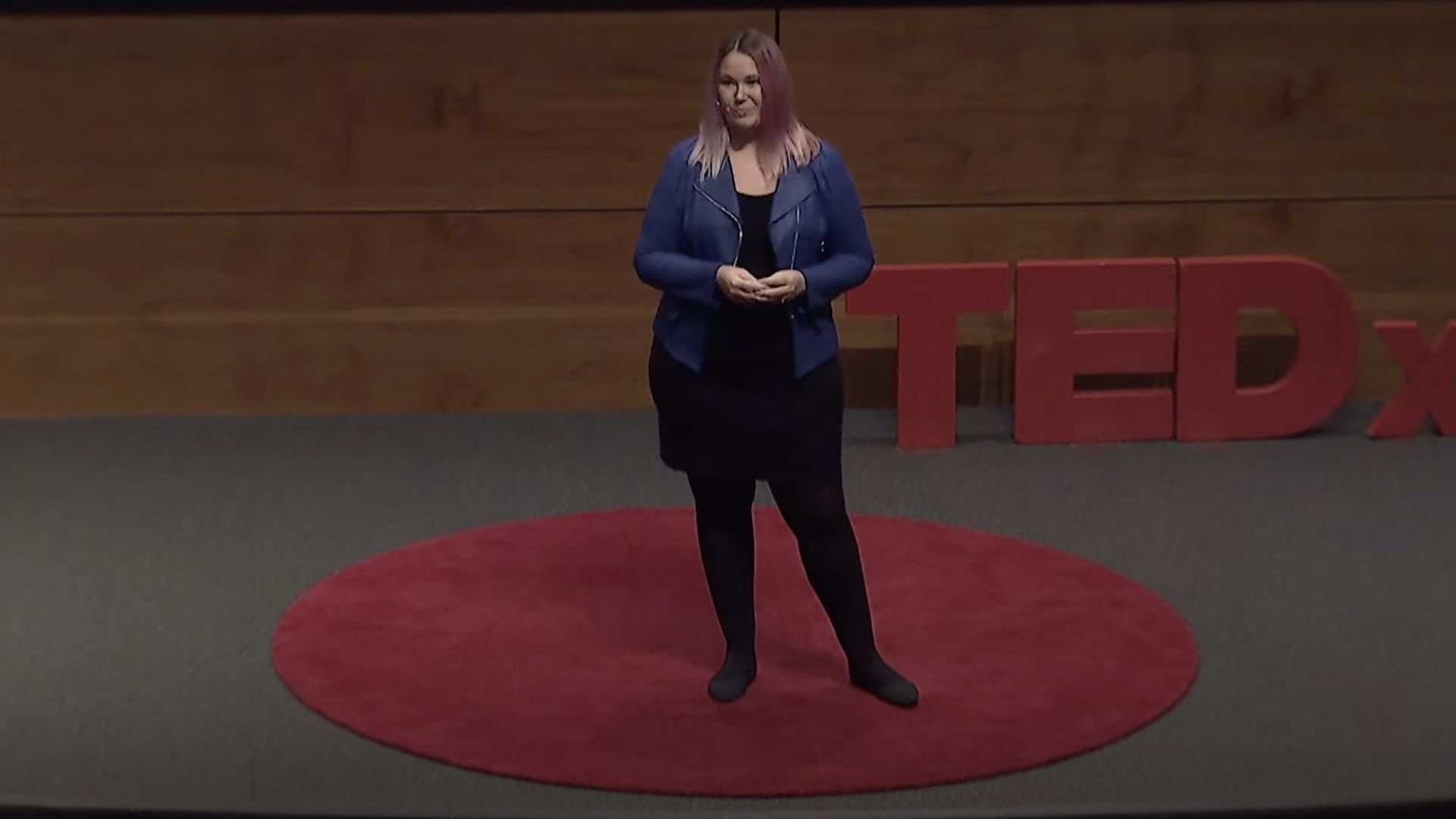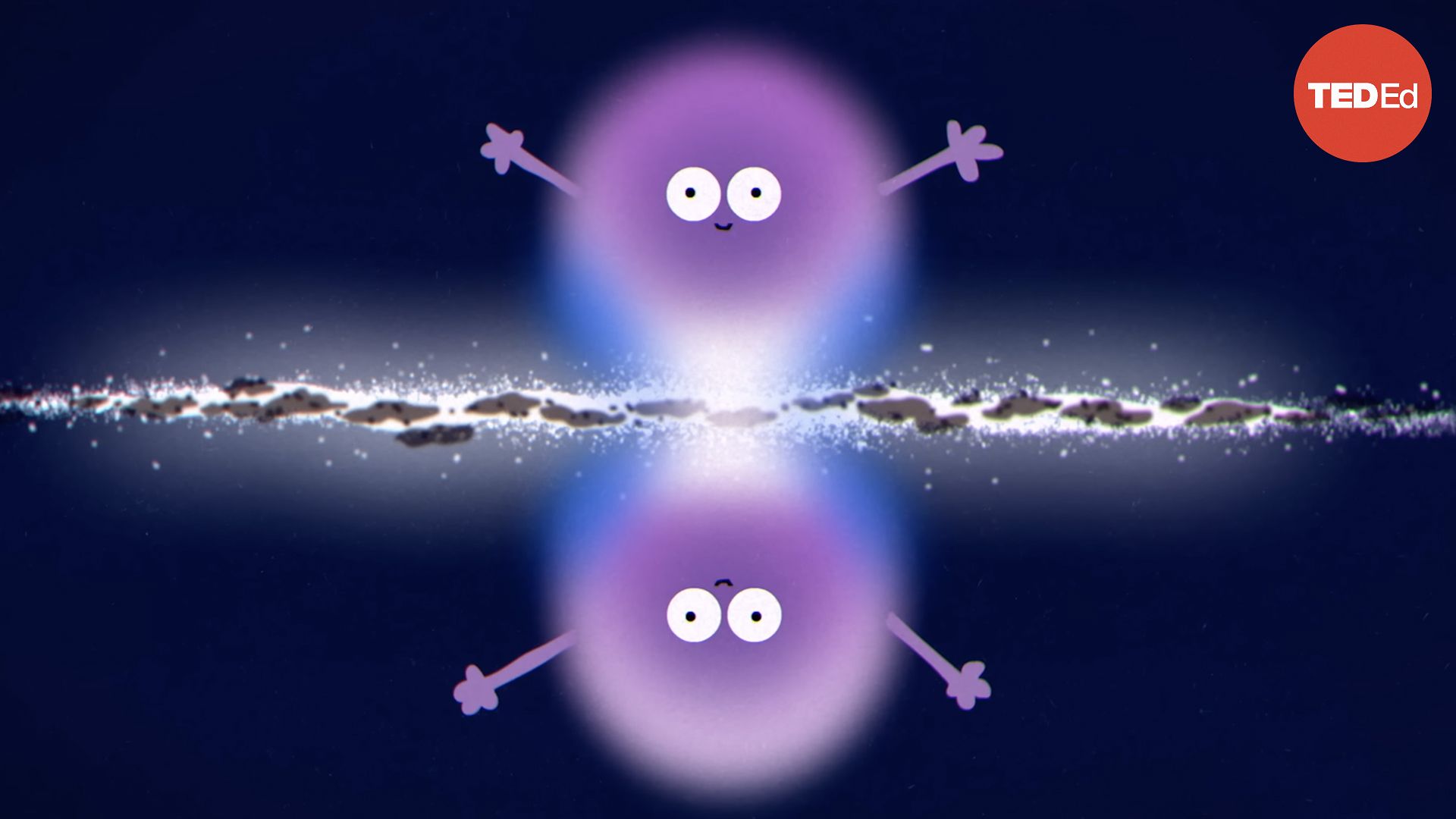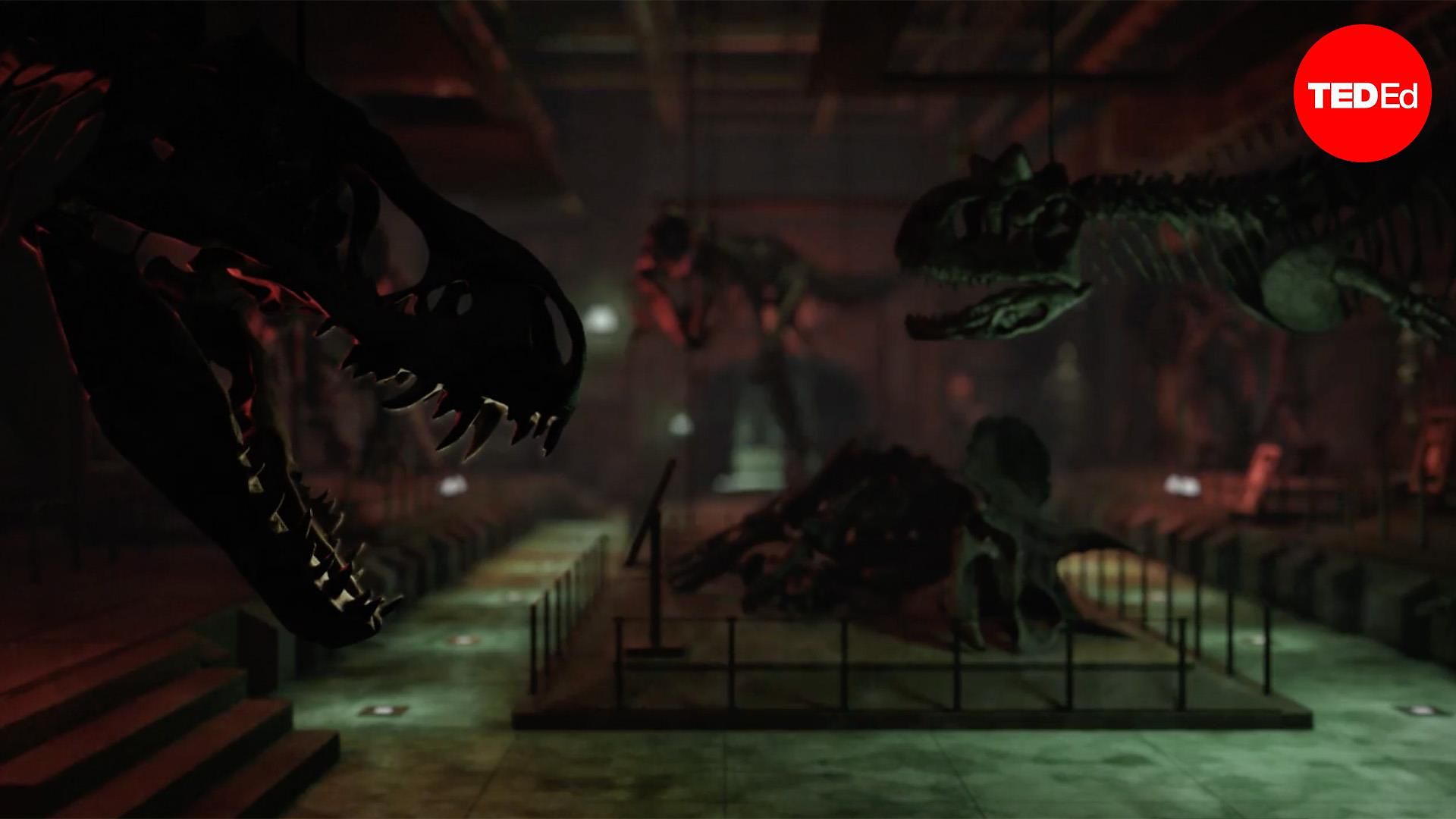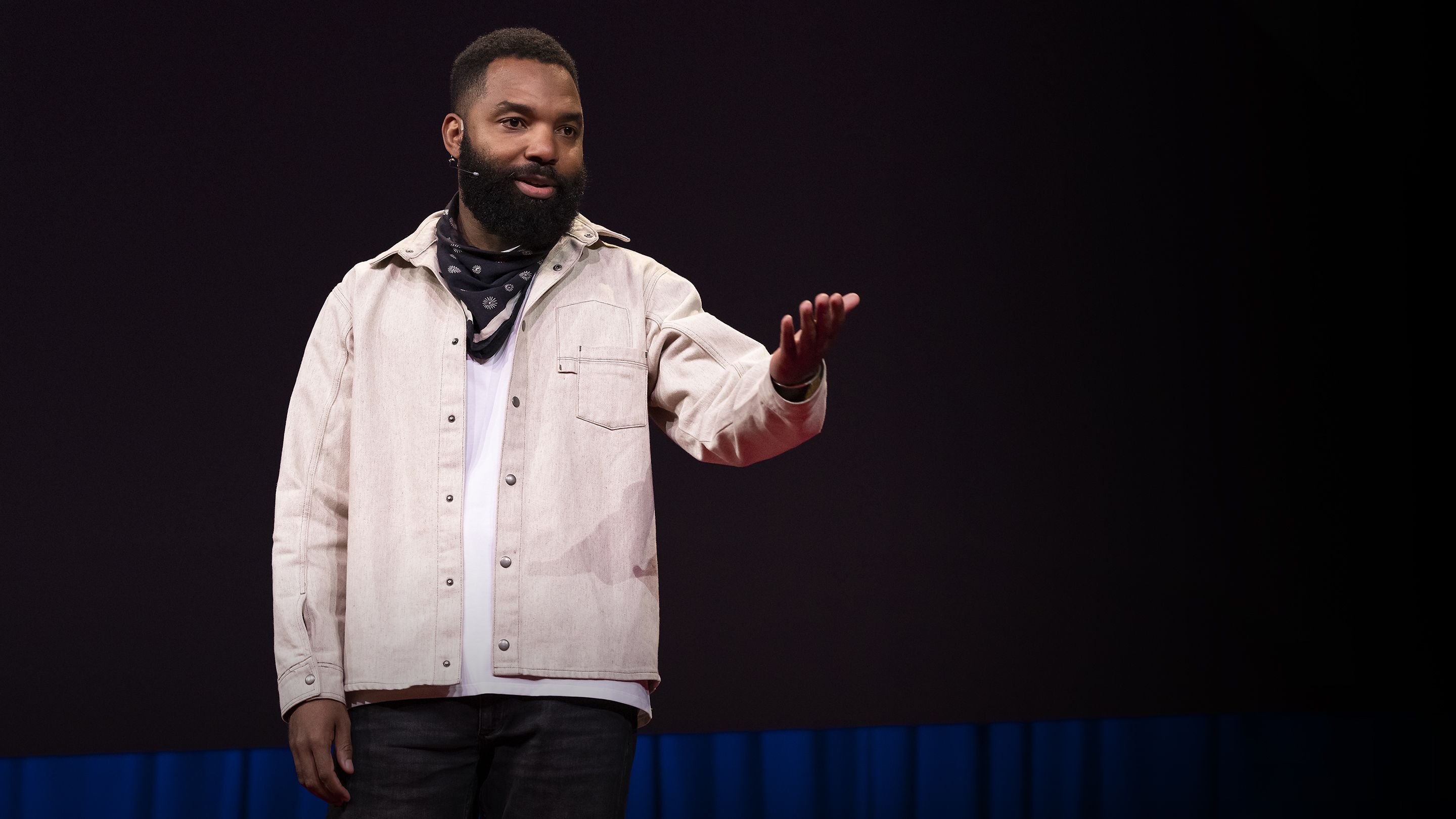Space
A collection of TED Talks (and more) on the topic of Space.
Video playlists about Space
See all playlists on Space
Talks about Space
See all talks on Space
Exclusive articles about Space
The jaw-droppingly high, out-of-this-world carbon footprint of space tourism
A rocket launch can generate between 50 and 100 times more C02 emissions than a long airplane flight. Here's what a space tourism industry could mean for our planet -- and for climate change.
Posted Jul 2021
A bold step for womankind: Meet the young women behind Kyrgyzstan’s satellite program
Ranging in age from 17 to 25, they are challenging their country’s gender norms by learning engineering and coding, and setting their sights on infinity and beyond.
Posted Oct 2018
A delightful art project for anyone who’s ever dreamed of living on the Moon
Living on the Moon might just be a chance for humans to learn how to co-exist peacefully and sustainably, proposes Jorge Mañes Rubio, the European Space Agency’s first-ever resident artist. Explore his vision of a new way to settle outer space.
Posted Aug 2018


